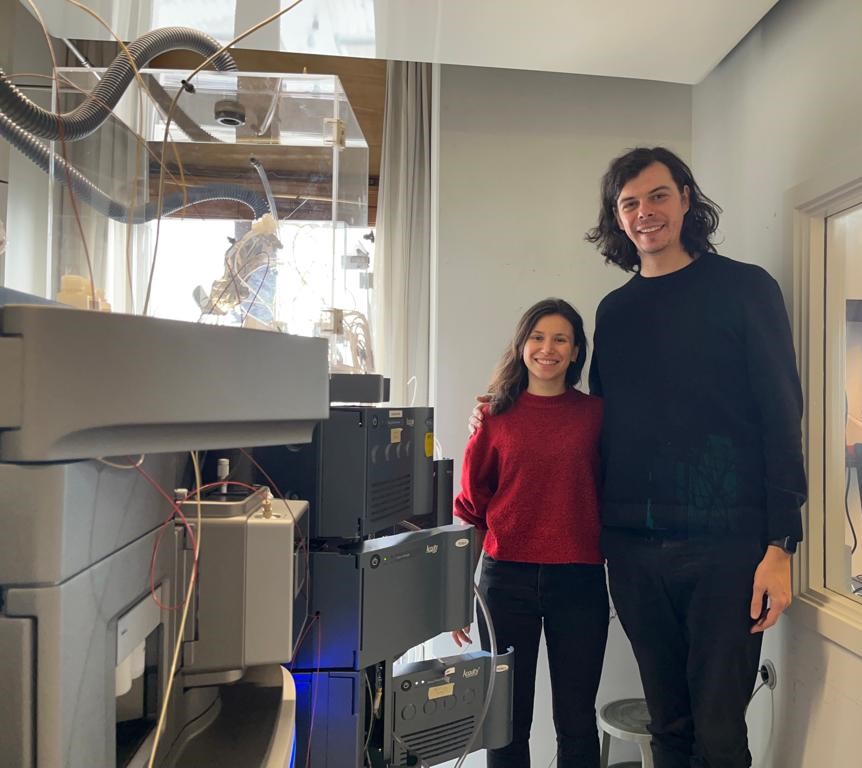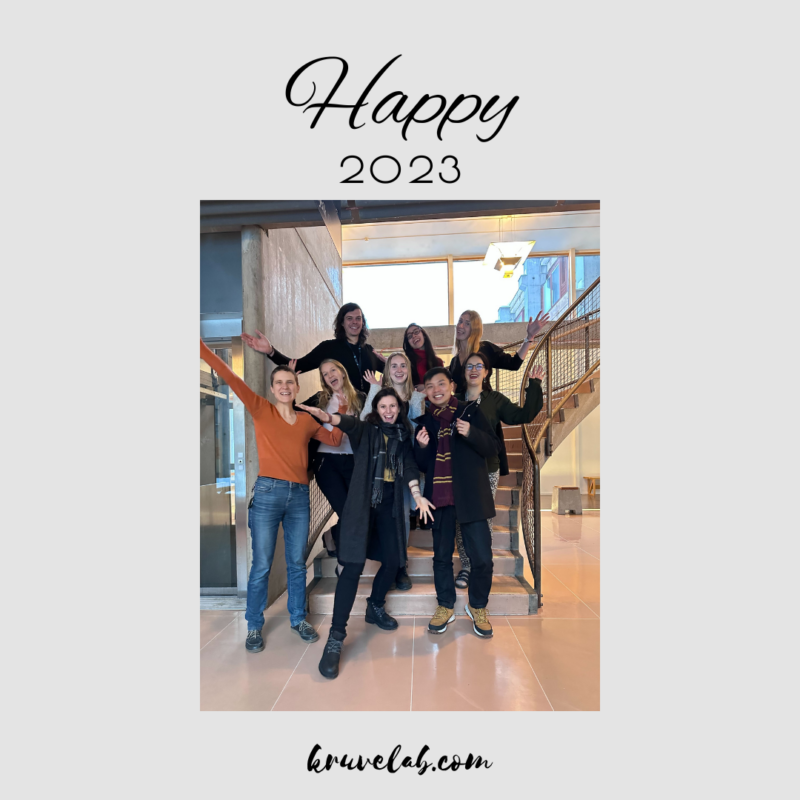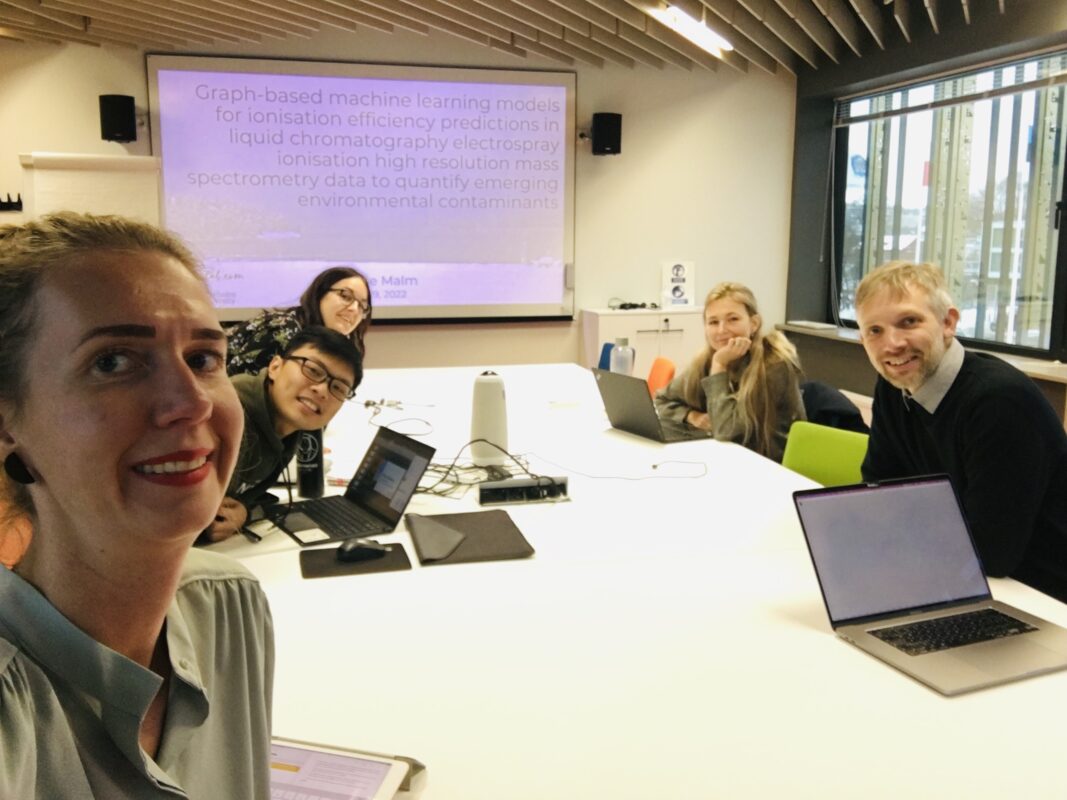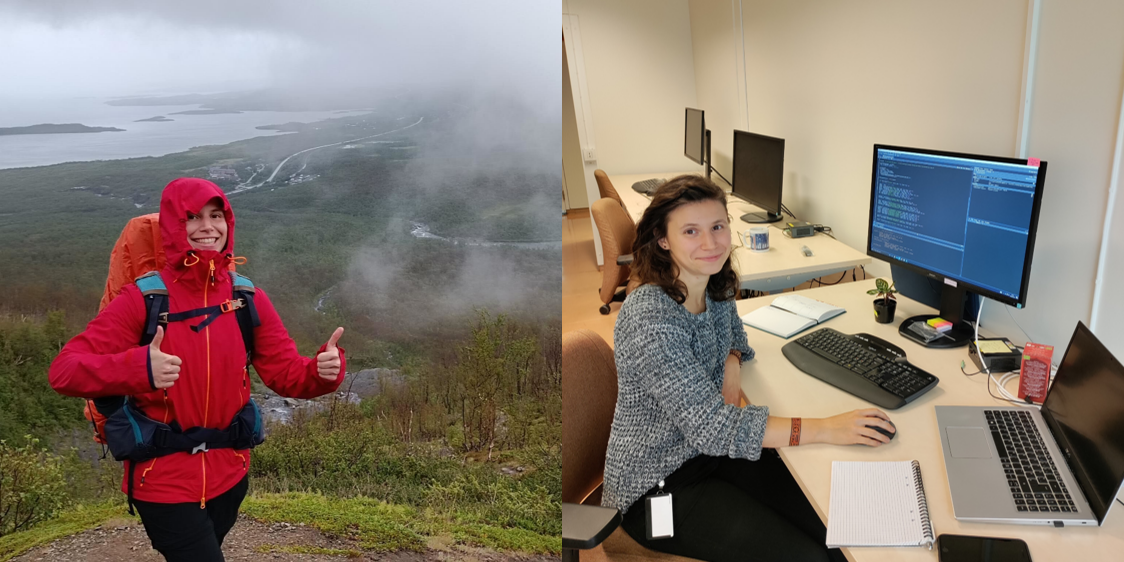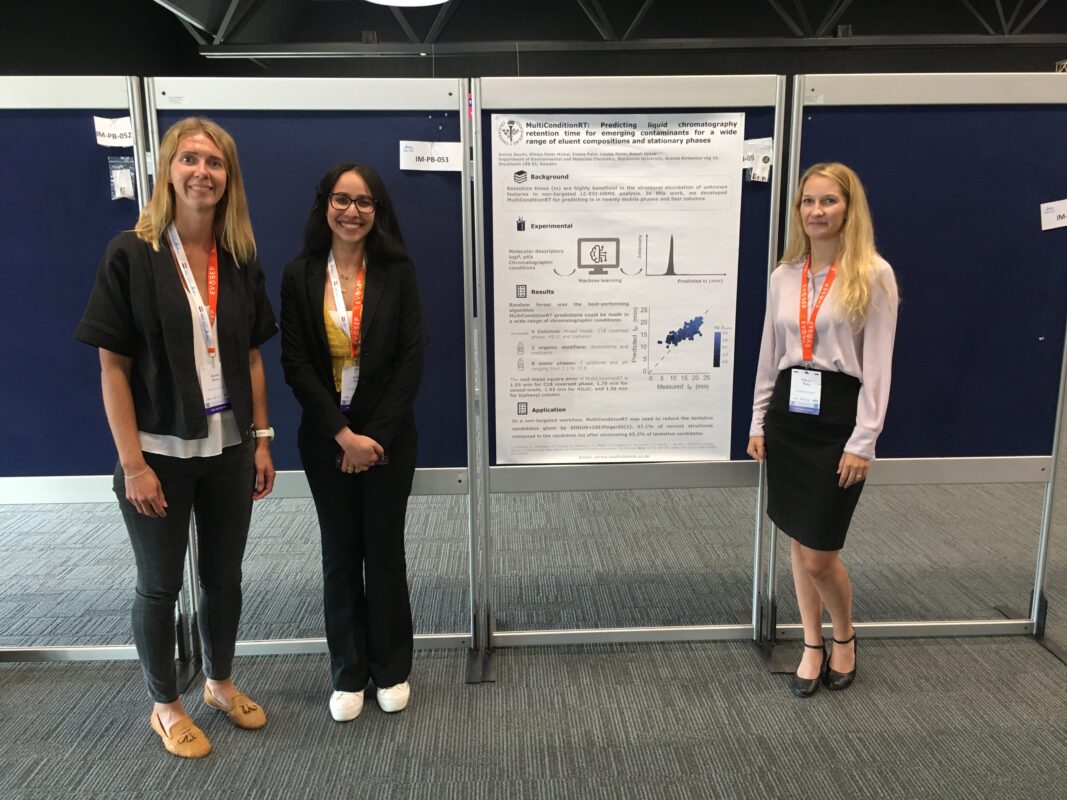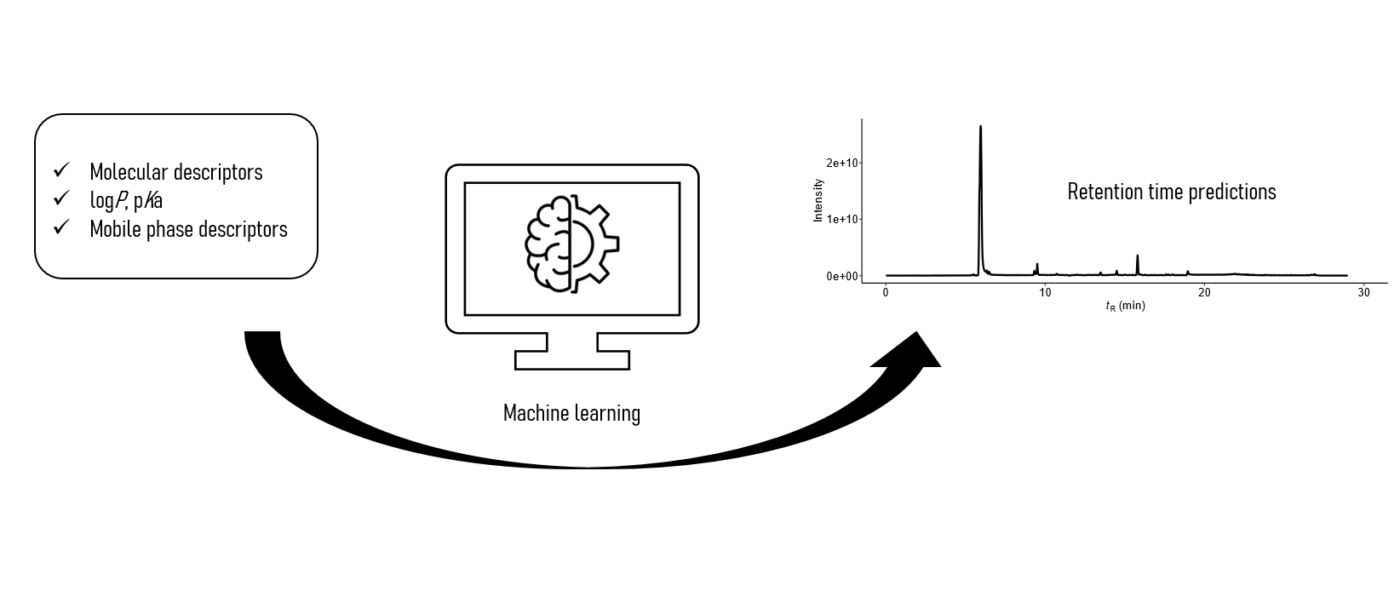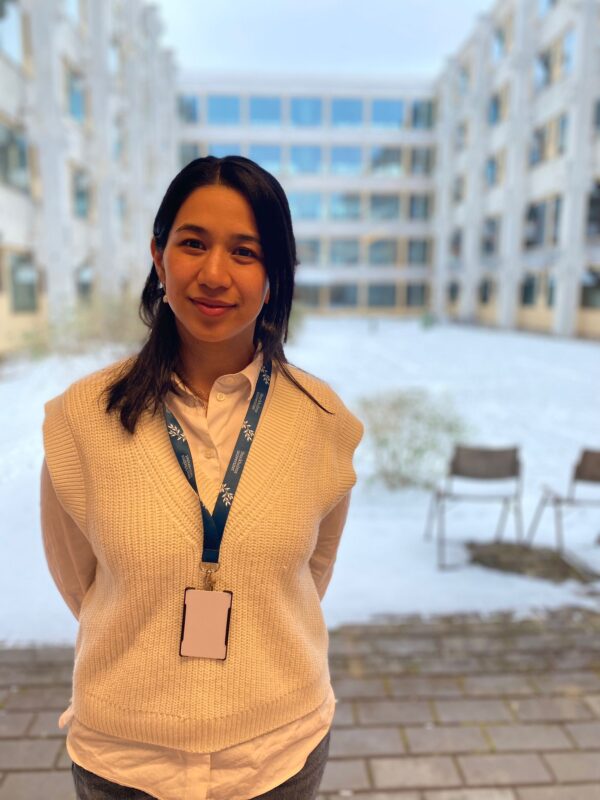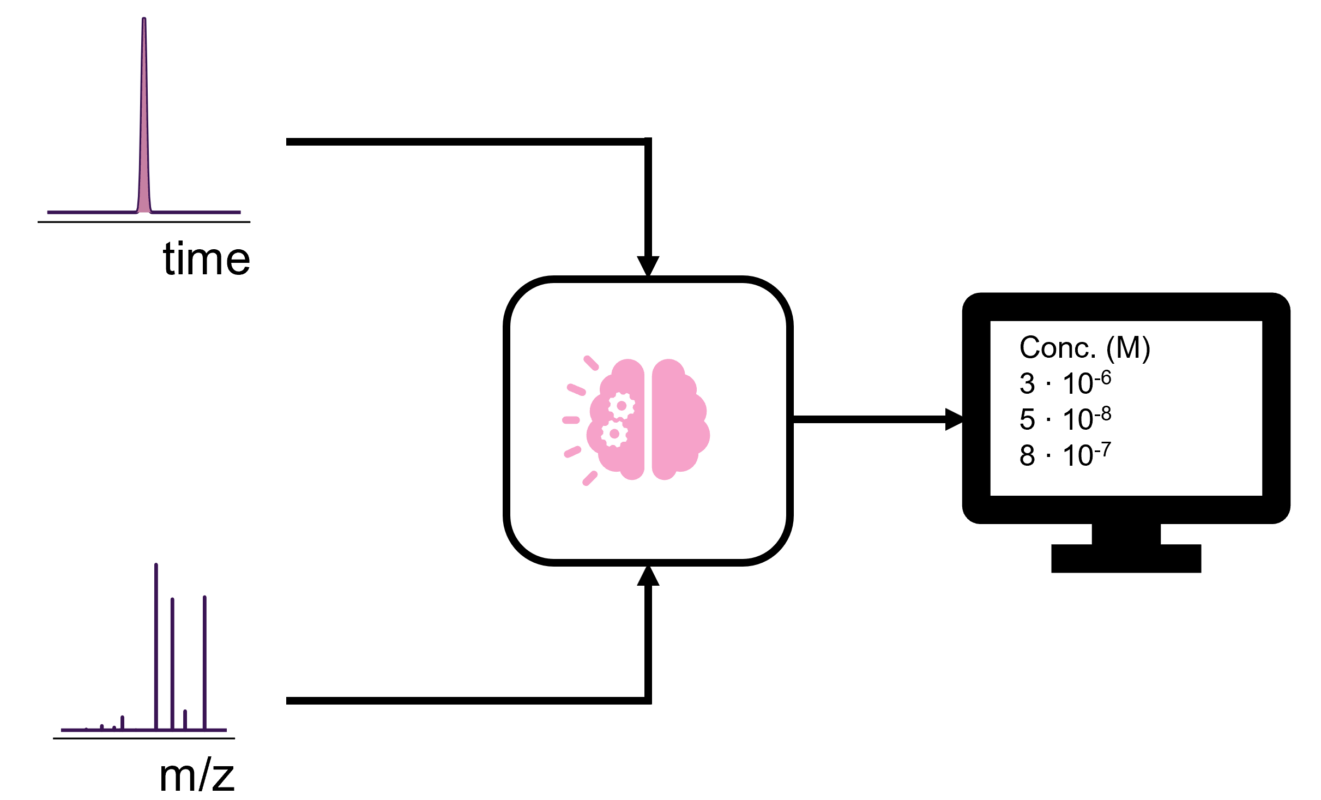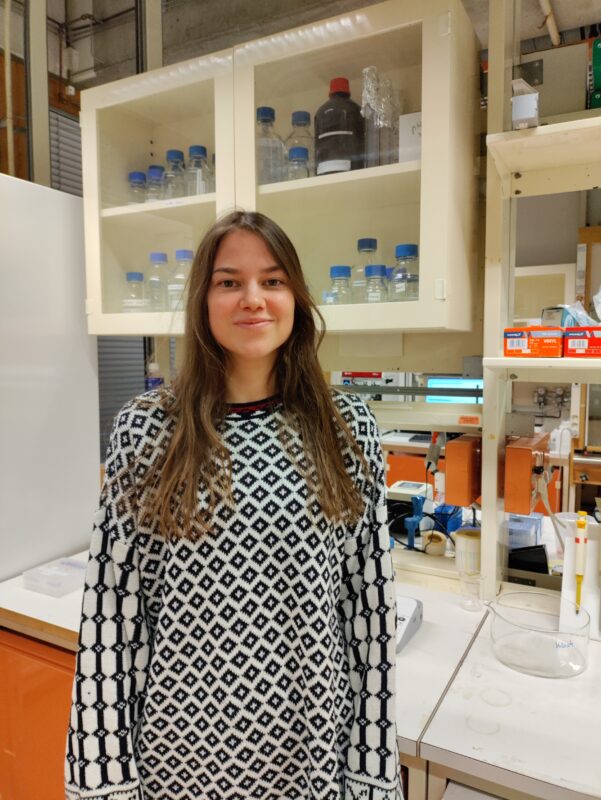From January to April Drew is doing an internship at the University of Copenhagen at the Group of Jan H. Christensen. During these months he tests applying desorption electro spray ionization (DESI) as a direct way of monitoring emerging contaminants in textiles in non-targeted analysis.
Category Archives: Research
As I am writing this, 2022 is approaching its last hours, and it is high time for a throwback to the year, my friends, and a bit of peaking into the upcoming 2023. 2022 was a very fruitful year for Kruvelab. Since I moved to Stockholm University in mid-2019 I have been building – with […]
In January a collaborative project on improving machine learning prediction accuracy for quantification in non-target screening started between our group and the group of Meelis Kull at the Institute of Computer Science at the University of Tartu kicked off. In the summertime, two PhD students, Louise Malm and Wei Chieh (Harry) Wang joined the project. […]
Last Tuesday Jon Sobus from EPA presented some of the findings from a recent paper Uncertainty estimation strategies for quantitative non-targeted analysis, where we were also happy to collaborate, on the BP4NTA online meeting. People from BP4NTA meetings have been reaching out with questions on ionization efficiency-based quantification. Some of these are often asked of us and I decided […]
This is Yvonne, a second-year Master’s student in Analytical Chemistry. There are two things she cannot get enough of – hiking and gaining new knowledge. Yvonne has just started her Master’s thesis in which she is exploring the possibility of using deep learning for toxicity predictions. She is training an autoencoder to compress the HRMS […]
Last week Amina, Pilleriin, and I participated in the International Mass Spectrometry conference 2022 in Maastricht, The Netherlands. With more than 1300 participants IMSC was the first big mass spec conference in Europe after covid and a special feeling of enthusiasm was in the air. We kicked off on Monday morning with a session on […]
Retention time is a crucial information for structural elucidation of unknown chemicals in non-targeted analysis using liquid chromatography coupled to high resolution mass spectrometry via electrospray ionization (LC/ESI/HRMS). Most of the predictive models of retention time are developed in limited chromatographic conditions, mostly for reversed phase and HILIC mode and in acidic conditions. However, retention […]
Masoumeh Akhlaqi is a Master student in analytical chemistry at Stockholm University. For her Master’s thesis, she is using two-dimensional ion mobility to separated, distinguish or identify isomeric compounds, specifically isomeric pesticides in food samples. For this purpose, she is using cyclic ion mobility instrument coupled to liquid chromatography and Time-of-Flight mass analyzer.
Non-target analysis with LC/ESI/HRMS is increasingly used to detect thousands of chemicals in environmental samples. However, most of these chemicals are never confidently identified nor quantified. This in turn means that they are ignored in risk assessments. In our recent paper, we address this issue by modeling the response factor for chemicals without the need […]
Lisa is a second year Master’s student with a background in environmental chemistry. For her Master’s thesis, Lisa is working on the exciting field of non-targeted screening and developing a prioritization method for unidentified compounds in the MS spectra of real life samples. In order to give compounds priority ranks, she is using in-house built […]


